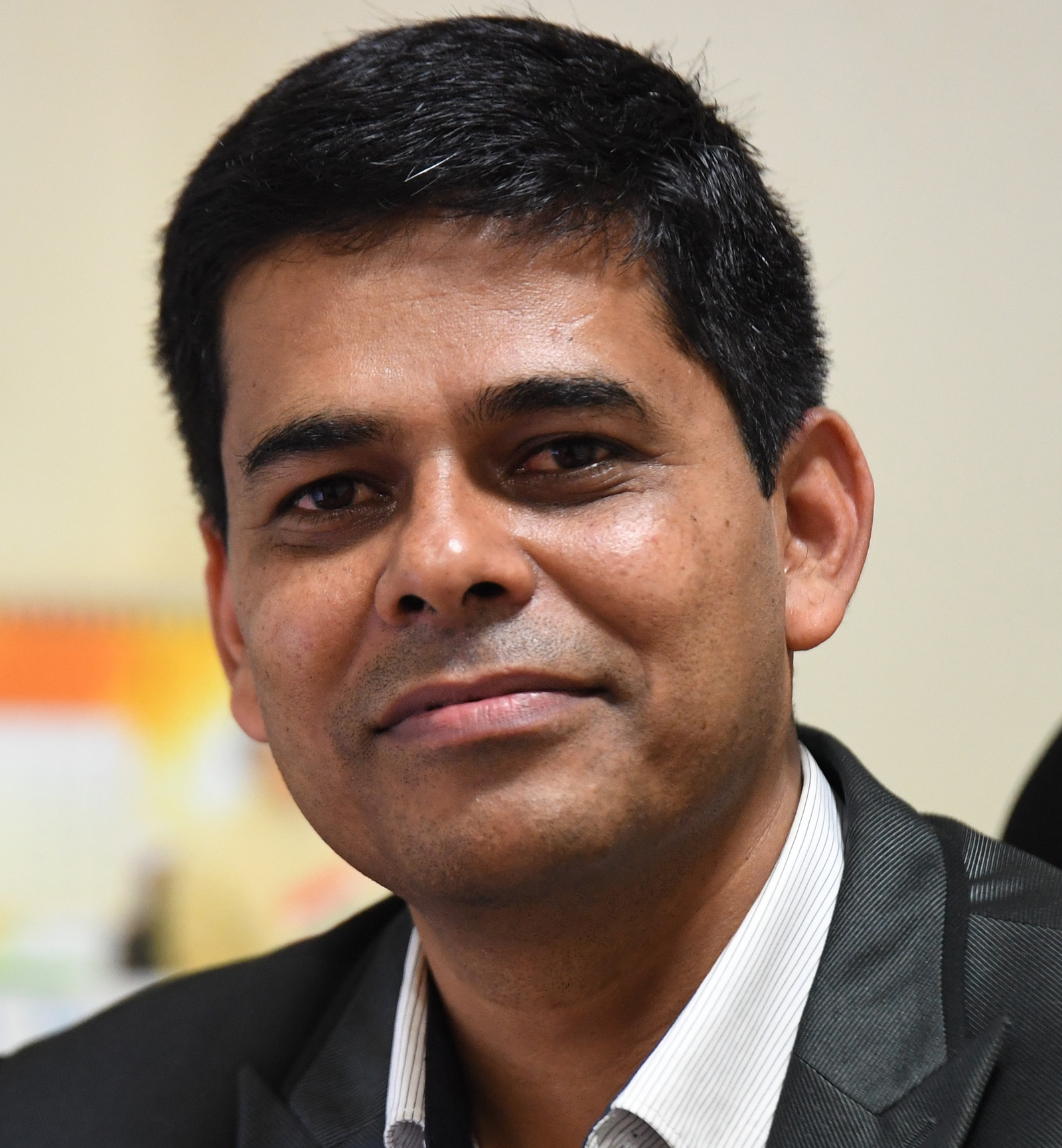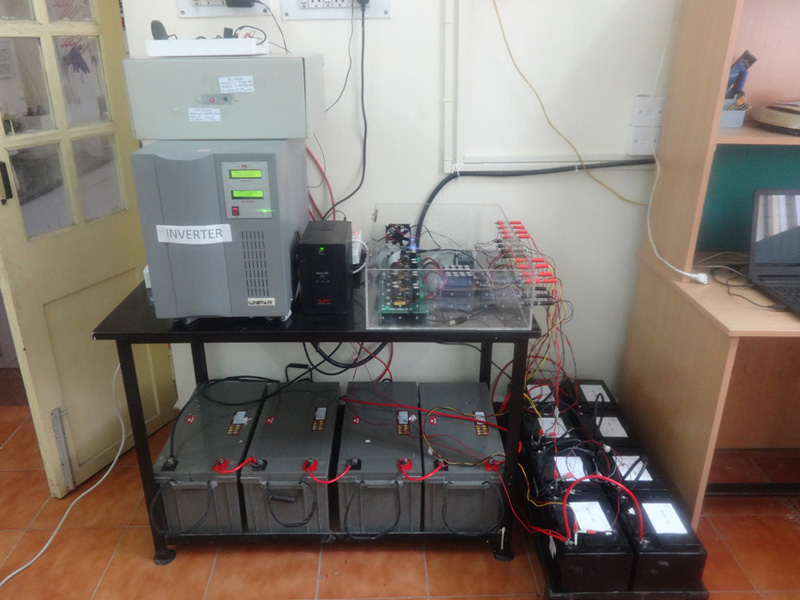Bringing power to rural communities

Professor Satish Patil, Indian Institute of Science and the Sunrise Network
Professor Satish Patil is a member of the Sunrise Network – a collaborative effort to alleviate energy poverty around the globe. He spoke to us about his passion for using chemistry to solve world challenges and help humanity.
How did you first become interested in chemistry?
I’m an organic chemist by training – I did my masters in organic chemistry and then moved to Germany for my PhD. Then I moved to UCLA for postdoctoral research, and finally I returned to India.
I come from a very small place in India, and when I was young I certainly had dreams and a passion for science, but it was in my undergraduate studies where I started to realise I had an inclination for the subject of chemistry.
What is your current role?
I’m currently a professor at the Indian Institute of Science in Bangalore, India. My research interests are in the areas of energy storage and energy generation. My primary research is mainly focused on developing new organic materials for energy generation.
What is the Sunrise Network?
Sunrise is an international project, and the main object is to address global energy poverty, by developing next generation solar technologies and battery technologies. The project is led by Swansea University, and unites several leading universities and industry collaborations from the UK as well as the global South. It’s a very interdisciplinary research collaboration, and our aim is to apply our research into renewable technologies to create practical solutions for people and the planet.
We’re aiming to establish long-lasting collaborations and grow the capabilities of our partners, in order to develop sustainable communities and have a lasting impact beyond the lifetime of the project.

Picture: © Sunrise Network
Could you give some examples of the types of projects that the Sunrise Network is involved in?
We started with very fundamental research, related to topics such as batteries, solar cells or thermal processes – chasing problems which have not been solved before.
The next work package is going to be about how we take those things forward, and how we interface between different teams. For example, say we have a team working on a battery, and a team working on solar cells, how will those work together?
The next step after that is how are we going to scale up? And then finally how are we going to implement the project into society?
We bring people together with different expertise and backgrounds, for example, a scientist, a policymaker and an engineer, and we’ll meet every six months to discuss under one umbrella, identify limitations, and decide how we are going to address them. We’ve made some serious progress in this way.
What do you think the challenges will be for implementing these projects in the real world?
The solutions exist but the challenge is bringing people together. We need academia, industry, policymakers, and people with local expertise to all come together to implement these solutions.
What other problems could the Sunrise Network help to solve?
I think the next projects will be addressing the food, energy, water nexus. Pure water is becoming a huge challenge, especially in India and other parts of the world, where clean drinking water is a big problem.
So we need to ask how energy is going to address the issues of water purity and also food poverty.
How are we going to take the help of modern energy technologies, and use this to increase the production of food? These are all very closely connected research problems.
Do you think that there needs to be more awareness among scientists of the potential of chemistry to actually help alleviate pressing social issues?
Yes, so for example people are talking about robots for Amazon deliveries, for example, and that isn’t something we’re ever going to implement on a large scale.
The pressing problems for the world are how are we going to address energy poverty, and how are we going to take care of the planet. Energy poverty has to be addressed immediately – and as a scientist I don’t want to just find solutions that will help people in a specific area, I want to solve the world’s problems.
I don't want to limit myself, I want to make a better world for everybody, I don’t want to create solutions just for myself or my family or my countryman.
What drives you?
As I scientist I want to solve many pressing problems in the world and make this world a better place. That’s the main driving force for me to work hard and be passionate about what I do. It gives me a lot of happiness, and the journey is very, very exciting.
Whatever the profession we choose it’s very important that we enjoy the journey.
Do you think these global issues will be solved? How hopeful are you?
I’m very hopeful! I think it’s important as a human being and as an individual to believe that the world is going to get better and better. It’s very important for any profession that we start believing that tomorrow is going to be better than it was yesterday.
People will solve these problems, but we’ll also have more problems in future that we never anticipated, so we have to be prepared. We need to be prepared for emergencies, because global warming is going to cause a lot of problems.
But if everyone really works together – the scientific community and policymakers all working together in good faith – I think we will be able to solve these problems.
Brought to you by chemistry podcast
Professor Patil joined us as a guest for the second series of our new podcast, Brought to you by chemistry, which is focused on batteries.